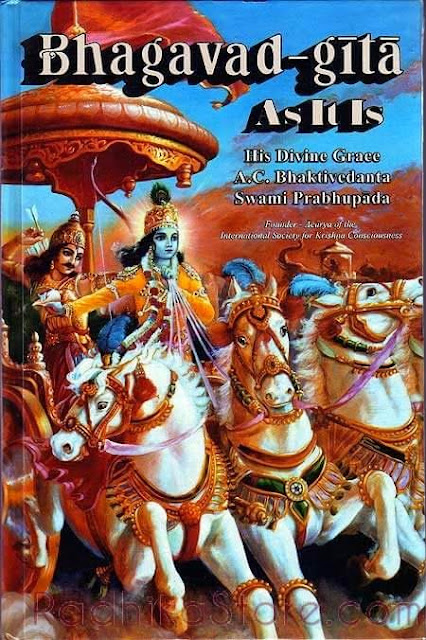【Osho, Walk Without Feet, Fly Without Wings and Think Without Mind, Ch 8】
If truth cannot be expressed in words, then why have all the buddhas used words?
A parable:
The great mystic, Rabia of Basra, was immensely beautiful. And a beauty not of this world. Once a rich young man from Iran comes to Basra. He asks people, “Is there anything that is out of the way, something special here?”
“Yes,” they all tell him. “We have the most beautiful woman of the world!”
The young man naturally becomes interested and he asks, “Where can I find her?”
And they all laugh and say, “Well, where else?… in a brothel!”
That repulses the rich young man, but finally he decides to go. And when he gets there, the matron asks for an exorbitant fee. He pays the fee and is ushered in. There, in a silent and simple room, a figure is praying. What beauty she has! He has never seen such beauty and grace, not even in his dreams. Just to be there is a benediction, and the prayerful atmosphere starts affecting him. He forgets about his passion. He is entering into another kind of space. He is drugged. He is turned on to God.
An hour passes and he intensely feels he is in a temple! Oh, such joy and such purity! He goes on feasting on her beauty. But it is no more the beauty of a human being – it is God’s beauty. It no more has anything to do with the body – it is utterly other-worldly.
And then Rabia opens her eyes, those lotus eyes, and he looks into them, and there is no woman in front of him – he is facing God. And this way the whole night passes, as if it were only a moment.
The sun is rising and its rays are coming through the windows, and he feels it is time to go. He says to Rabia, “I am your slave. Tell me anything, anything in the world that I can do for you.”
She says, “I have only one little request.”
He asks, “What is it?”
Rabia says, “Never tell anybody what you have seen and experienced here. Allow the people to come to me – this beauty is nothing but a trap set for them. I use it as a door for them to enter God. Please, promise me that you will never tell others what you have experienced here tonight. Let them come to a whore and a brothel, because otherwise they will never come to me.”
“Oh!” he says, “So this is the secret of this city. The whole city clamours after your beauty, yet nobody tells me about his experience.”
Rabia laughs and says, “Yes, I extract the promise, this promise, from all of them.”
Rabia used her beauty as a trap. Buddha used his words as a trap. Krishna used his flute as a trap. Meera used her dance as a trap.
You have to be trapped. And you can only be trapped in ways that you can understand. You have to be taken from the known into the unknown, but the beginning has to be in the known.
You understand passion. The young man was not in search of God, but he became interested in a beautiful body, in a beautiful woman – and was trapped. He had gone there because of his passion. Once he was there in the presence of Rabia, the passion started changing – it became prayer
[Picture Courtsey Google]



















